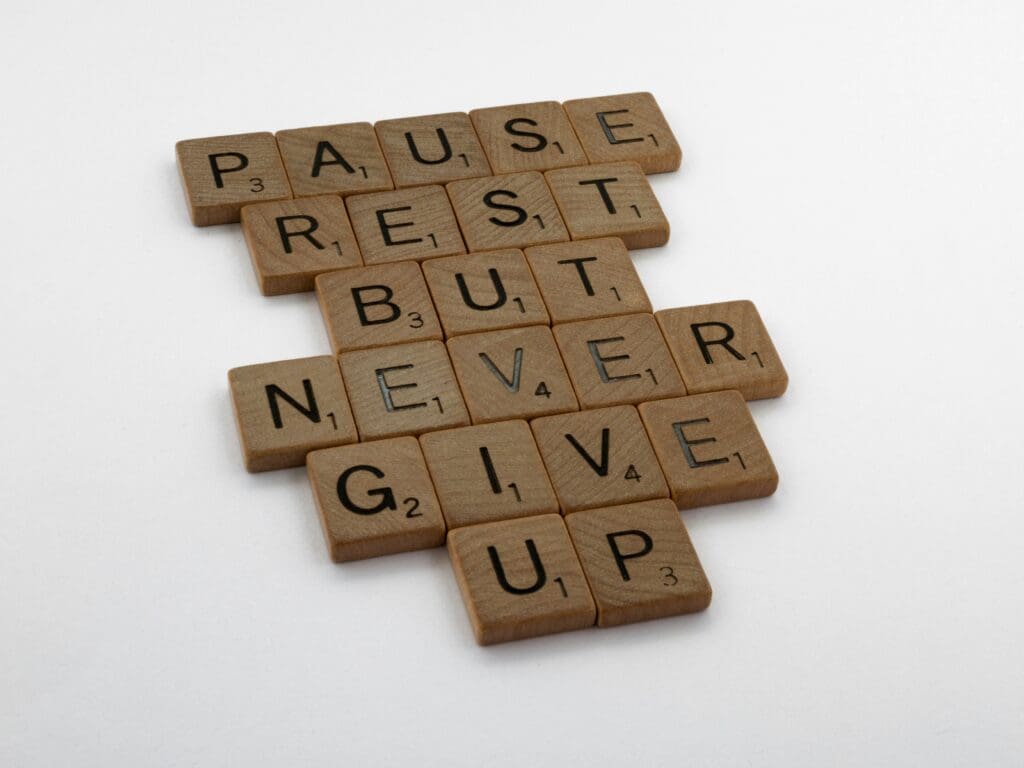To overcome setbacks in life, and work on those setbacks in life, acknowledge them, take a pause to process emotions, learn from mistakes, and develop a plan of action to move forward while maintaining self belief and focusing on solutions.
Things You Can Do For Overcoming Setbacks:
Acknowledge and Accept the Setback:
Don’t Deny or Minimize:
So acknowledge it and allow yourself to feel the emotions associated with it.
Take a Break:
Also give yourself time to process what happened without rushing into solutions.
Accept Uncertainty:
Recognize that they are a natural part of life, and that overcoming setbacks in life is possible if it’s okay to not have all the answers immediately.
Process Your Emotions:
Identify and Validate Your Feelings:
Allow yourself to feel a range of emotions, whether it’s sadness, frustration, or anger.
Reflect on The Situation:
Think about what happened, what you learned, and what you can do differently next time regarding overcoming setbacks in life.
Don’t Blame Yourself or Others:
Focus on understanding the situation rather than assigning blame.

Develop a Plan of Action For Overcoming Setbacks:
Identify The Root Cause:
So try to understand why it occurred, and what lessons can be learned.
Set Realistic Goals:
Break down your larger goals into smaller, achievable steps.
Create a Roadmap:
Develop a plan of action that outlines the steps you need to take to overcome them and move forward in life. Also overcoming setbacks in life can be smoother with a clear roadmap.
Focus on Solutions and Resilience For Overcoming Setbacks:
Maintain a Growth Mindset:
View them as opportunities for learning and growth, rather than failures.
Practice Self-Compassion:
Be kind to yourself and acknowledge your strengths and resilience in overcoming setbacks in life.
Focus on What You Can Control:
Instead of dwelling on what you can’t change, focus on the actions you can take to move forward.
Take Care of Yourself:
Prioritize your physical and mental well-being through activities like exercise, healthy eating, and adequate sleep.
Seek Support:
Also reaching out to friends, family, or a therapist for support and guidance.
Embrace Discomfort:
Finally facing discomfort teaches us how to handle adversity and contributes to overcoming setbacks in life.

